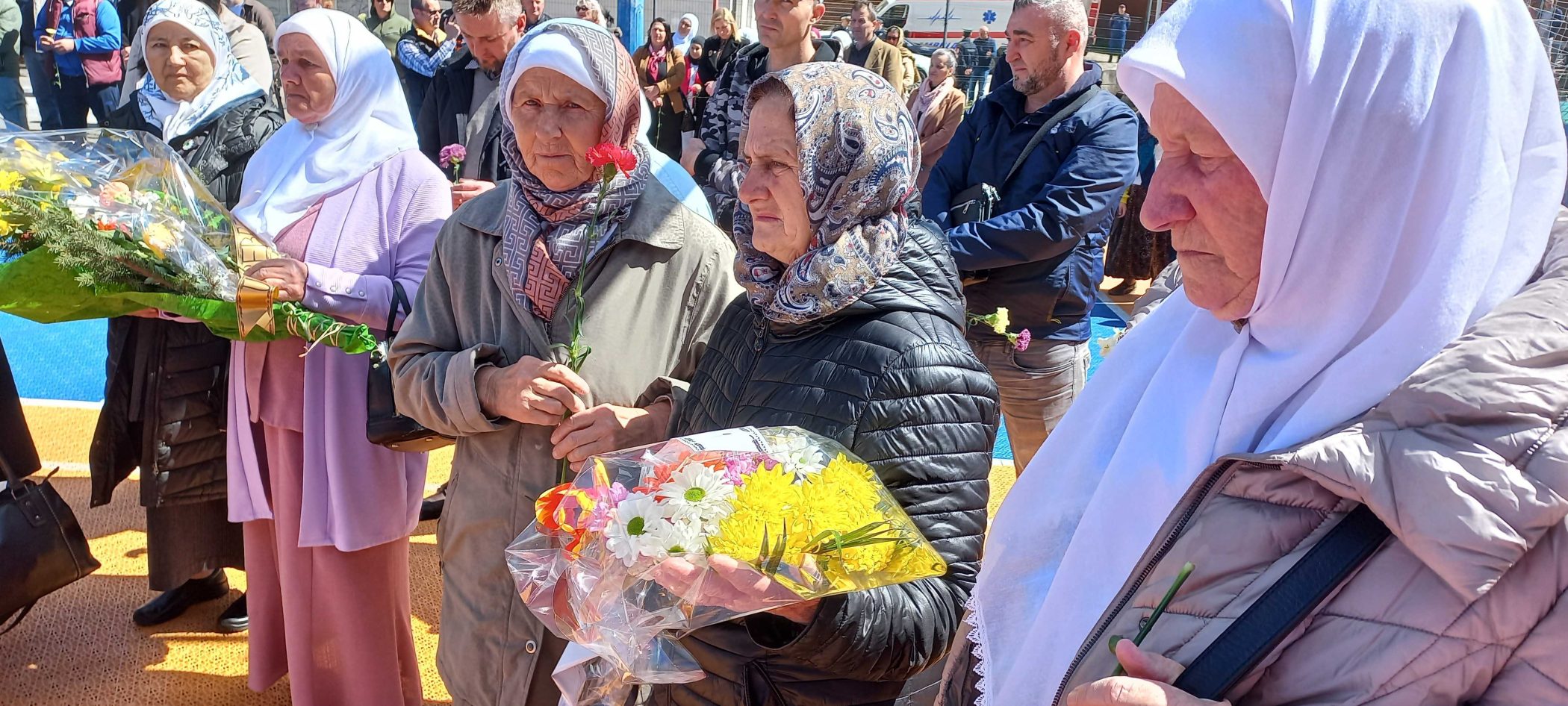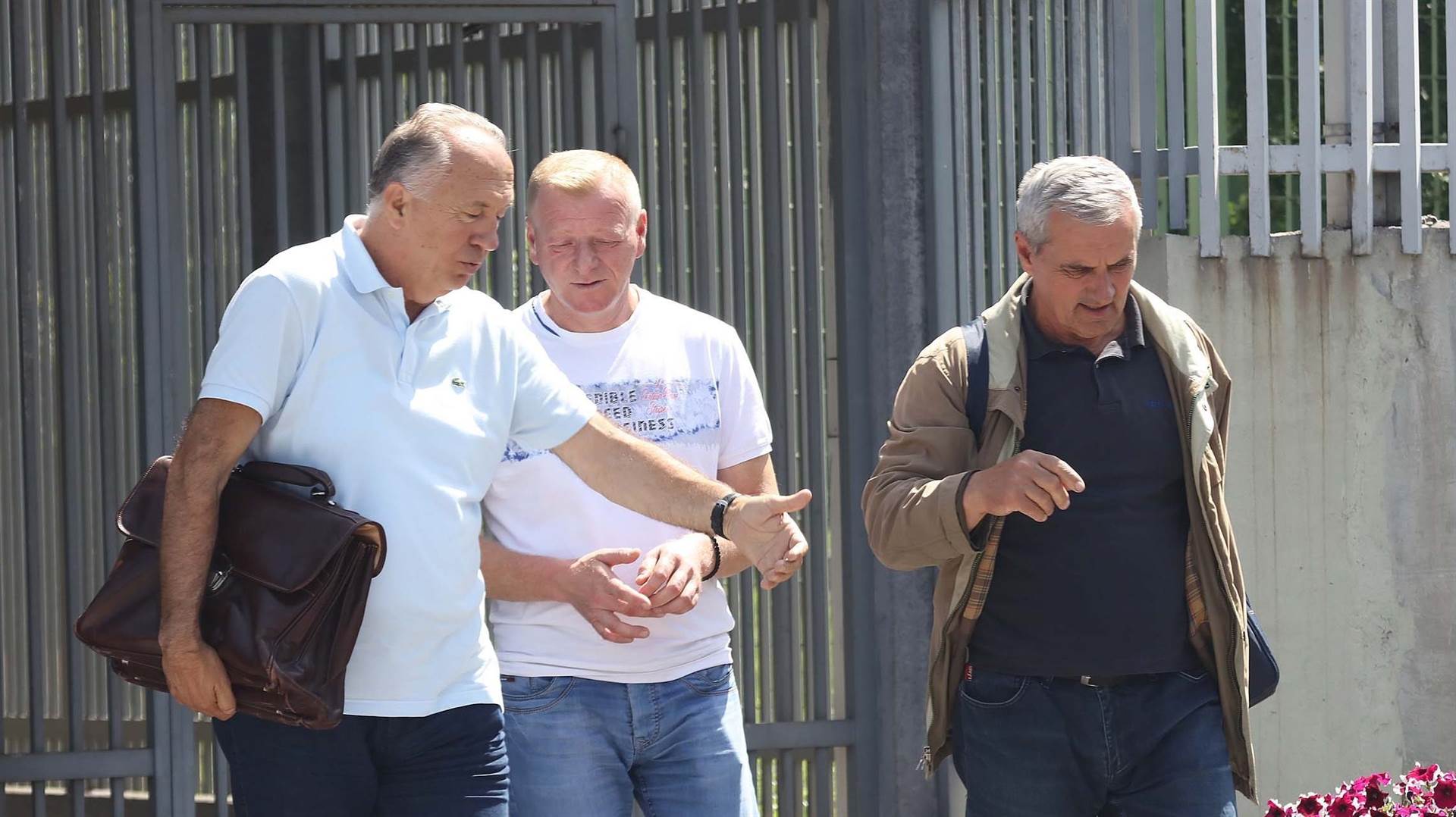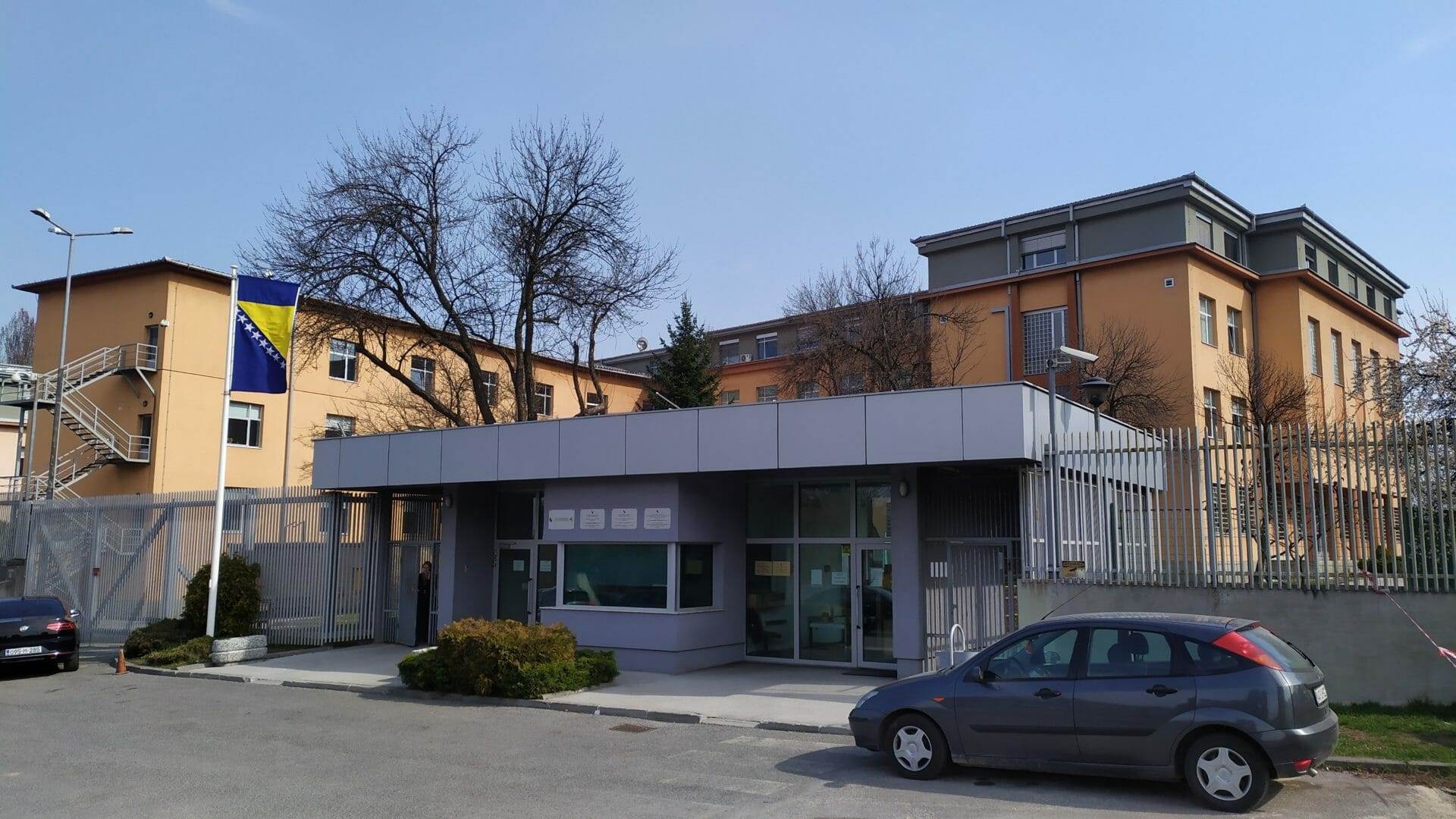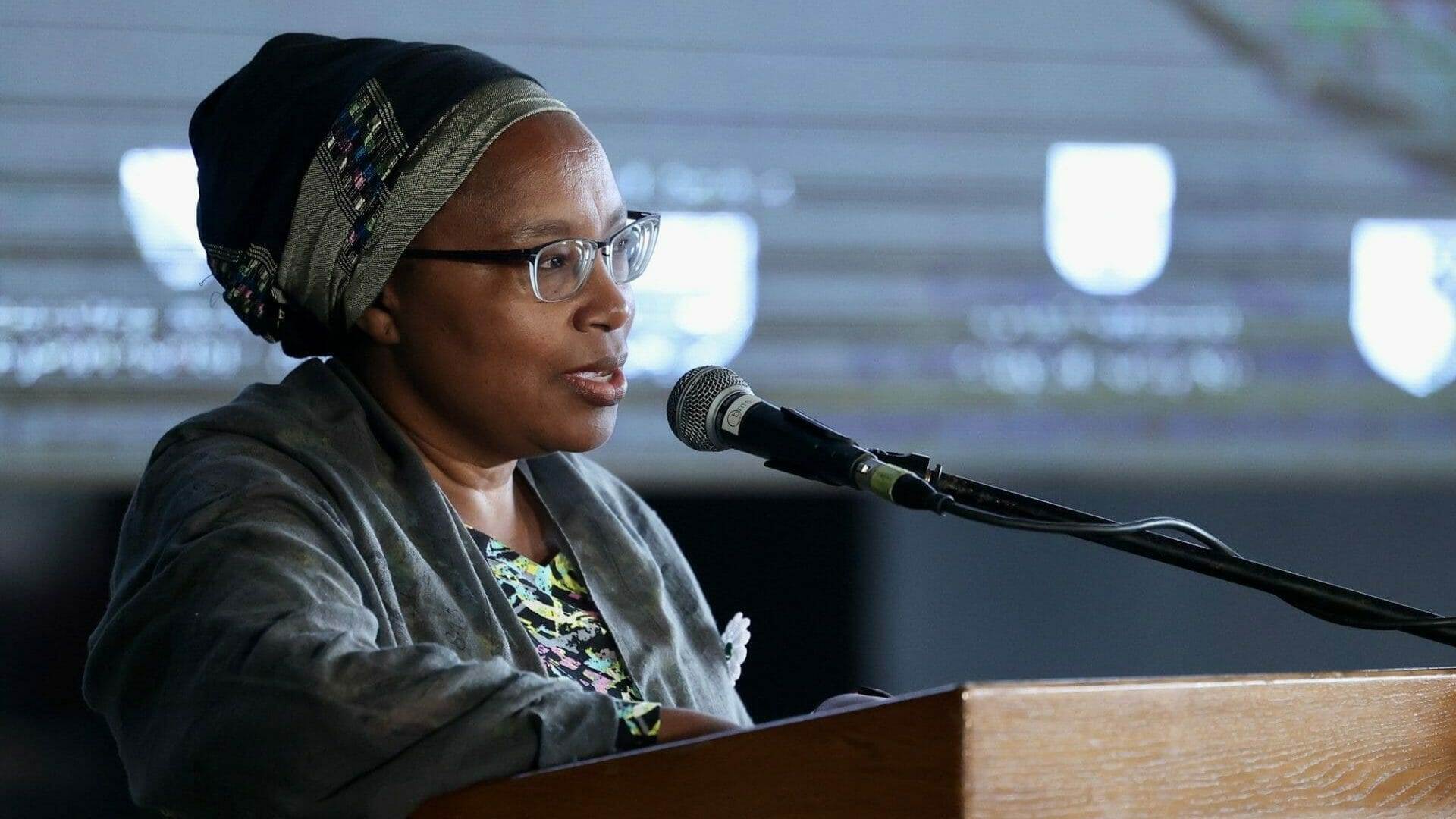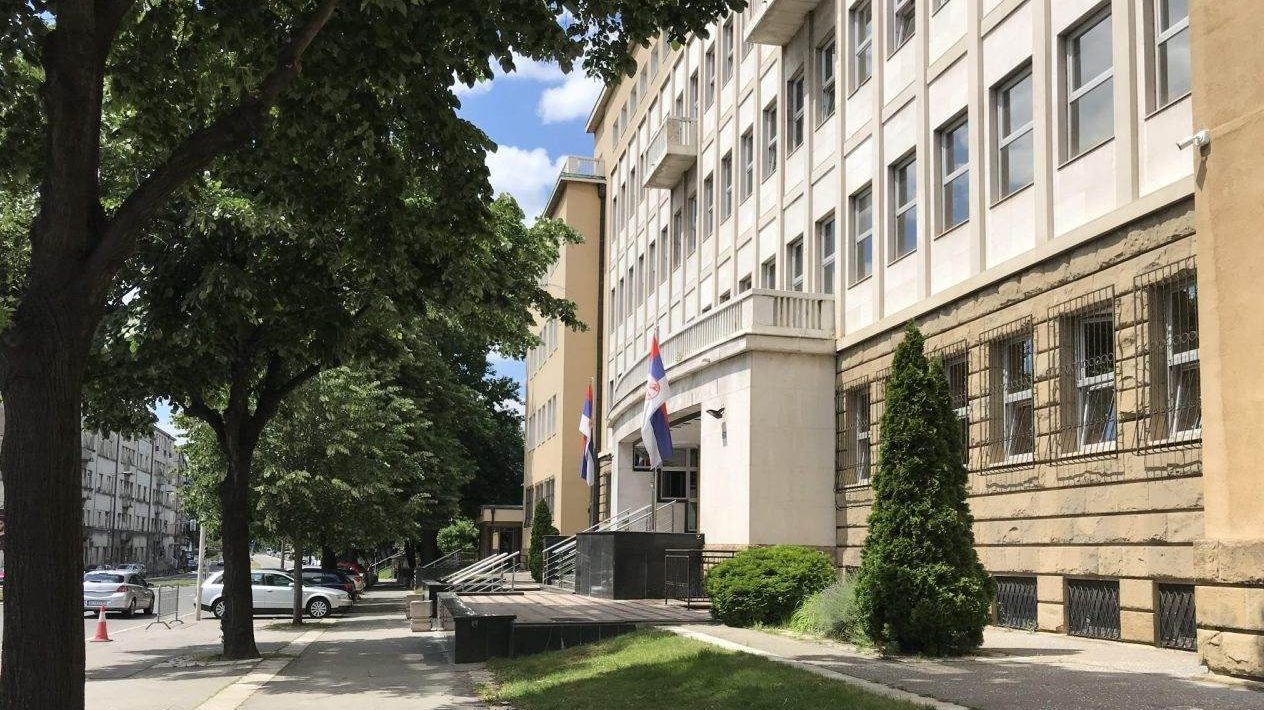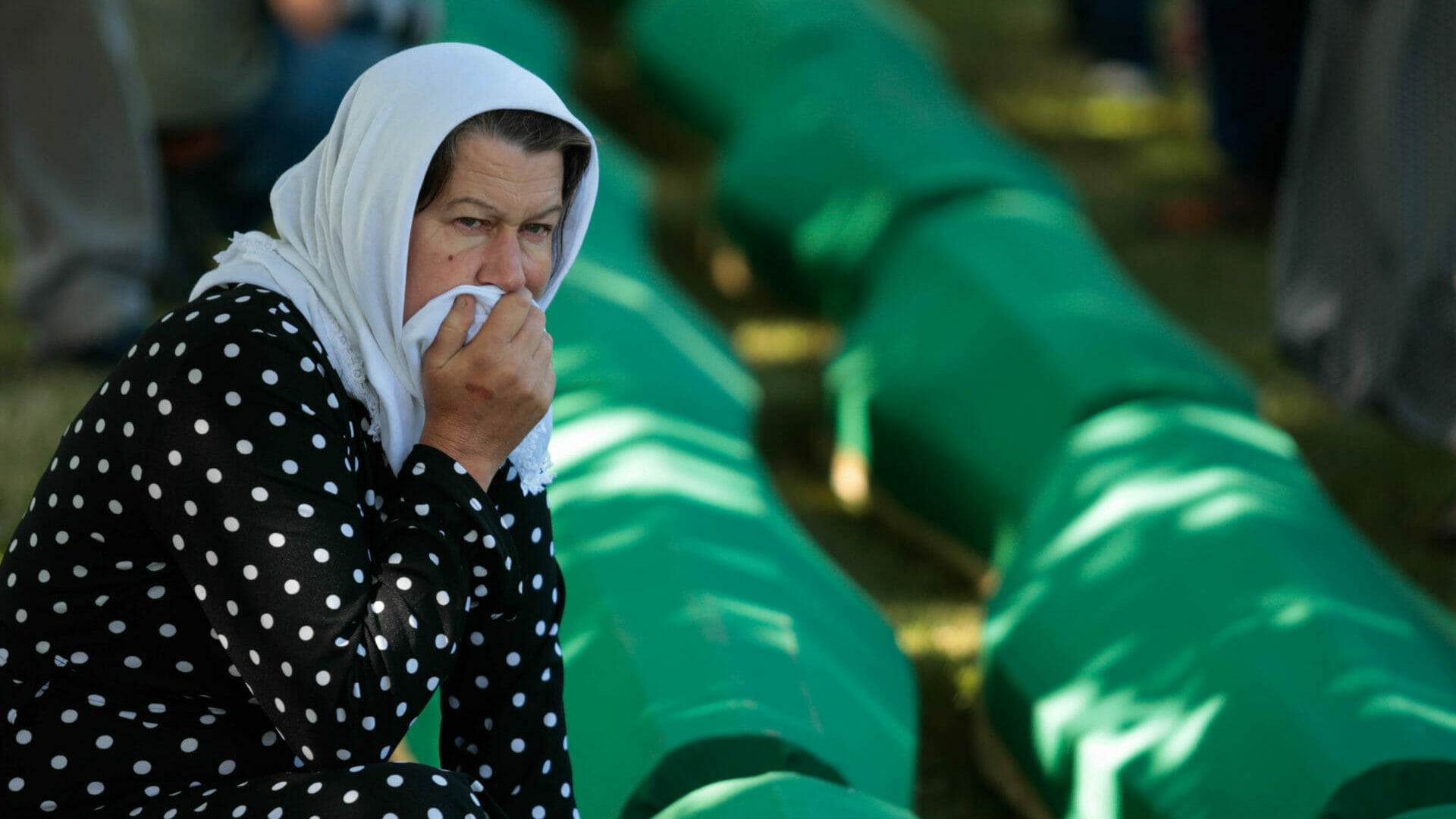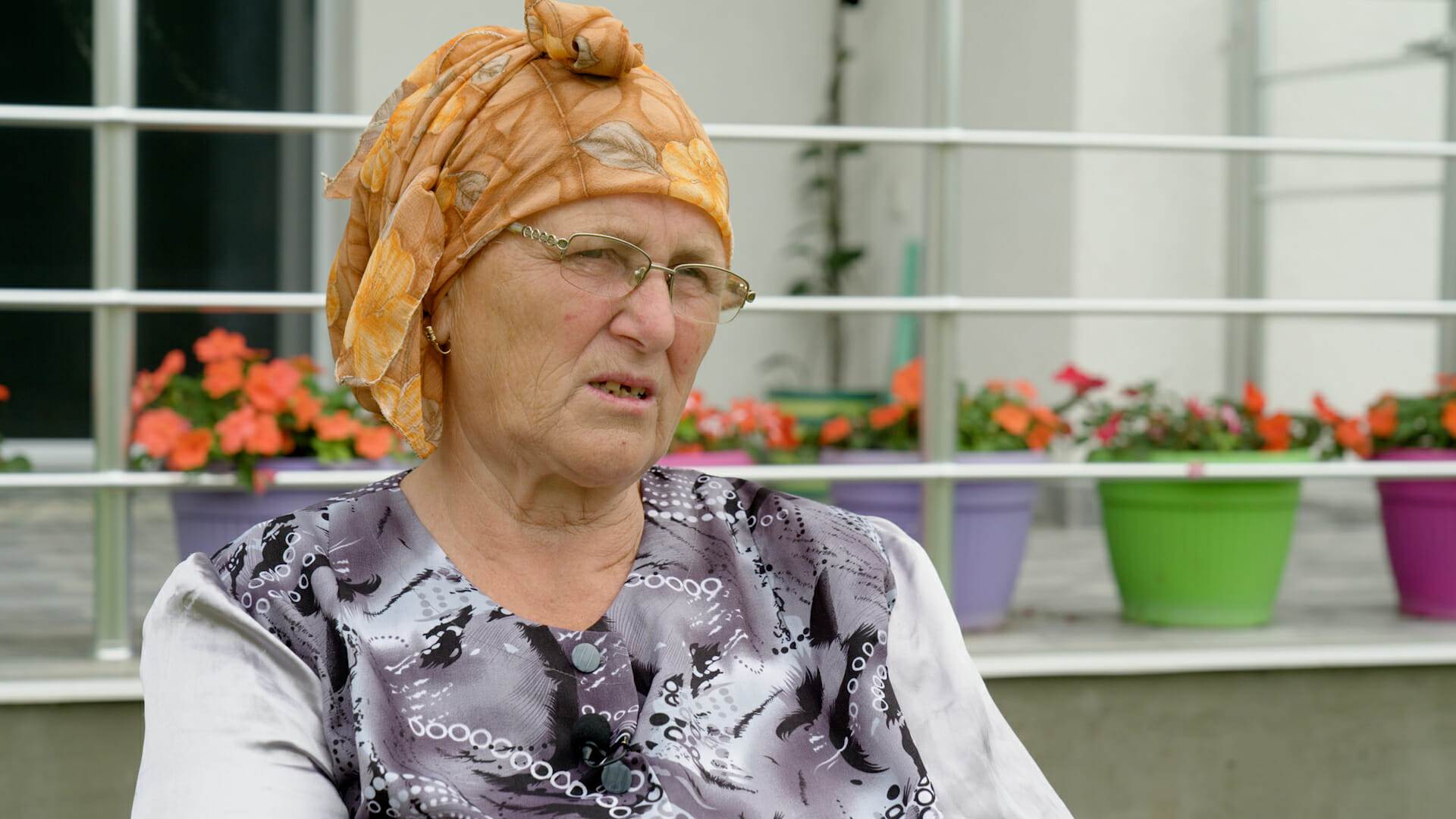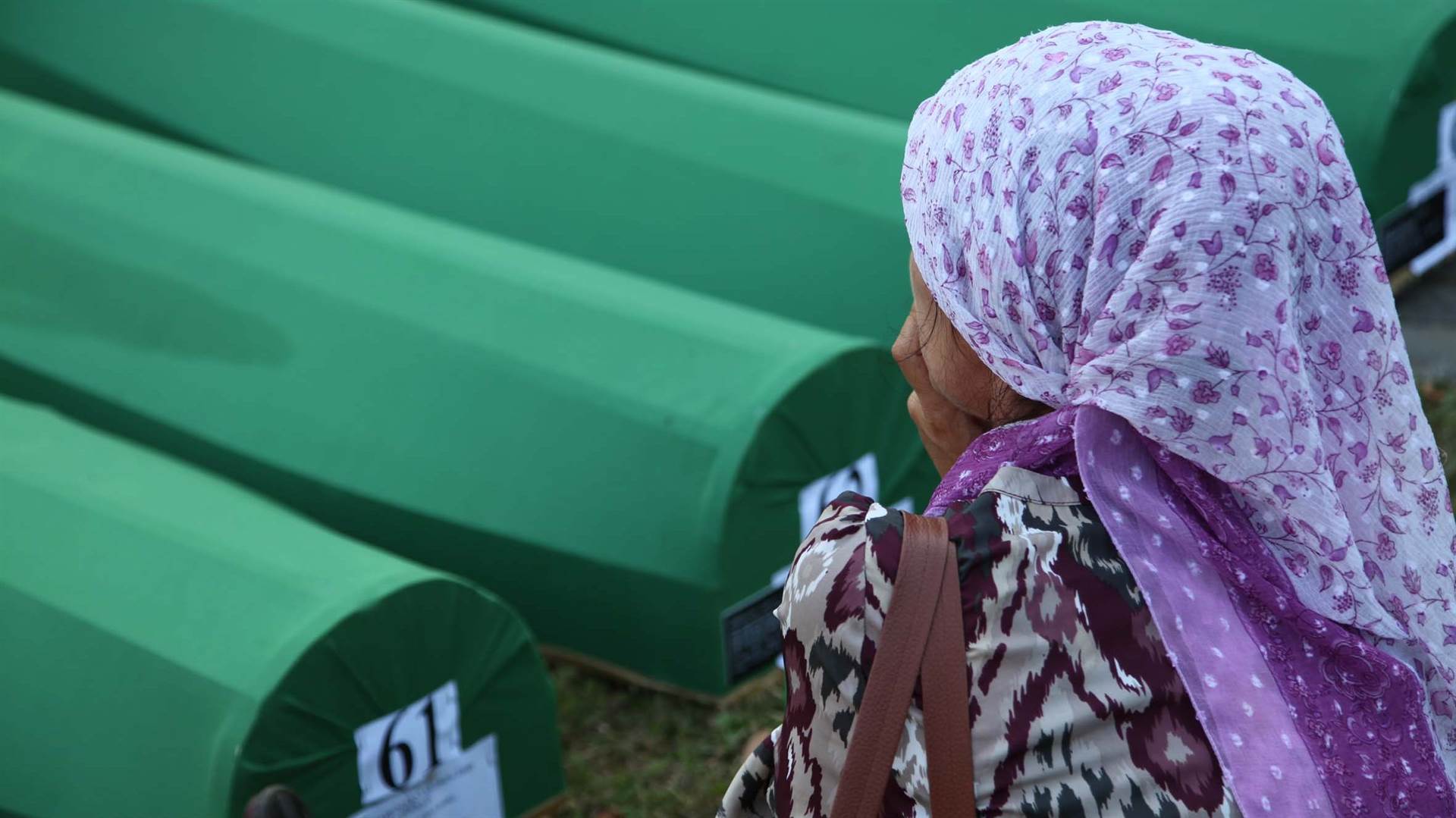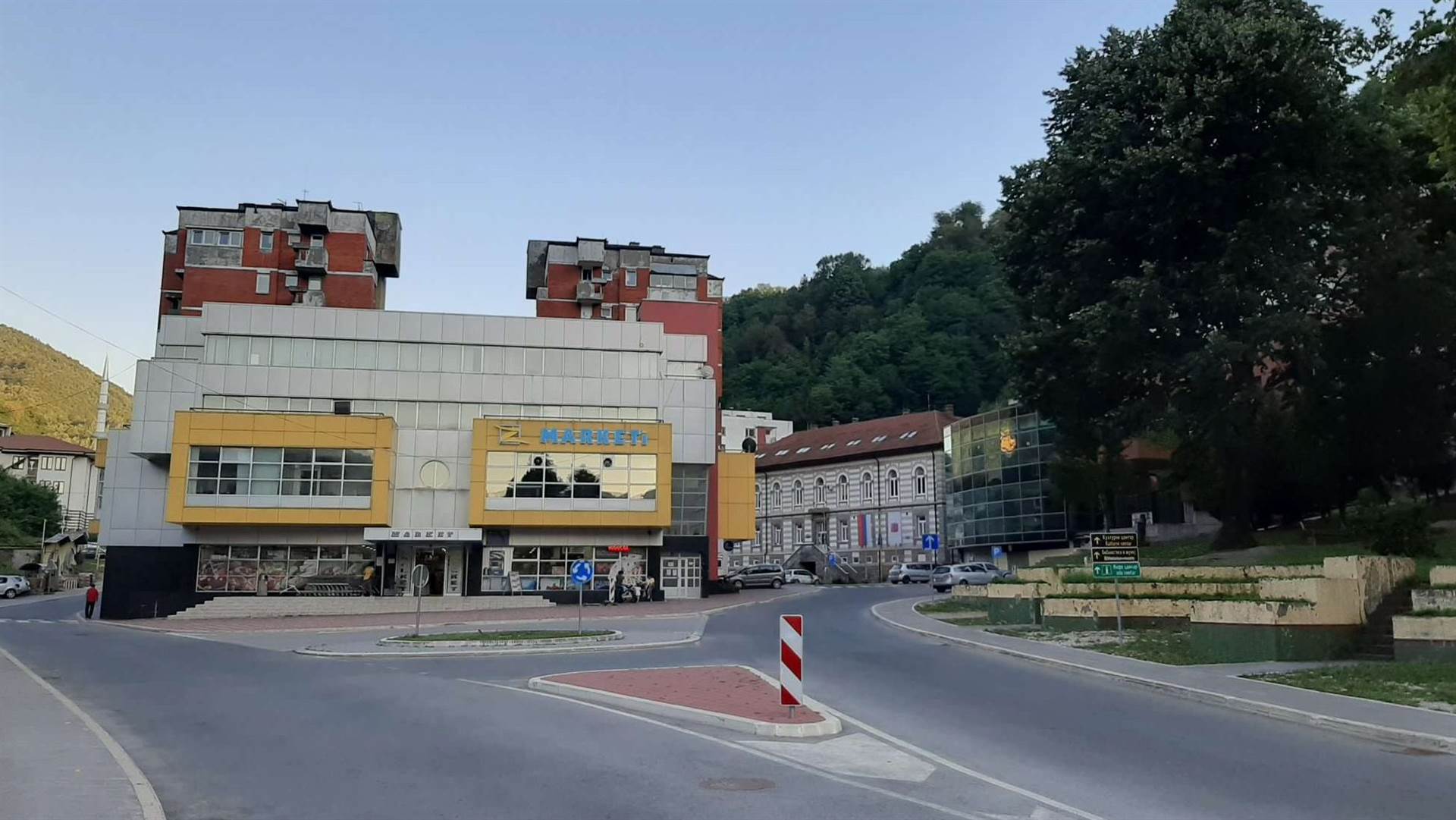A memorial ceremony was held to mark the 30th anniversary of an artillery attack from Bosnian Serb Army positions on a school playground in Srebrenica that killed 105 Bosniak civilians.
Since the Netherlands started offering compensation to relatives of certain Srebrenica genocide victims because Dutch peacekeeping troops failed to protect them, millions of euros have been paid out but several...
Former Bosnian Serb military policeman Momcilo Tesic was sentenced to 20 years in prison for his participation in the shooting of 17 Bosniaks from Srebrenica in July 1995.
The Bosnian state court has upheld a verdict acquitting five former Bosnian Serb police officers of involvement in the Srebrenica genocide in July 1995 due to lack of evidence.
The dehumanizing political discourse in Bosnia increases the fear of a potential repetition of the crimes of the 1990s, the UN General Secretary’s special advisor on the prevention of genocide,...
With only eight hearings held since the beginning of 2020 – and none in 2022 – the trial of seven former Bosnian Serb special policeman accused of taking part in...
As the July 1995 massacre by Bosnian Serb forces was marked at the Srebrenica Memorial Centre, international officials condemned continuing genocide denial and glorification of war criminals.
Thousands of Bosniak men walked 100 kilometres across harsh terrain to escape being massacred by Bosnian Serb forces after the fall of Srebrenica in July 1995 - but there were...
The remains of 50 victims of the July 1995 massacres of Bosniaks by Bosnian Serb forces, including three minors, will be buried at next week’s 27th anniversary commemoration of the...
On the anniversary of the Srebrenica massacres, a few kilometres away from the annual commemoration, a nationalist group will screen a film praising Bosnian Serb forces and genocide convict Ratko...

